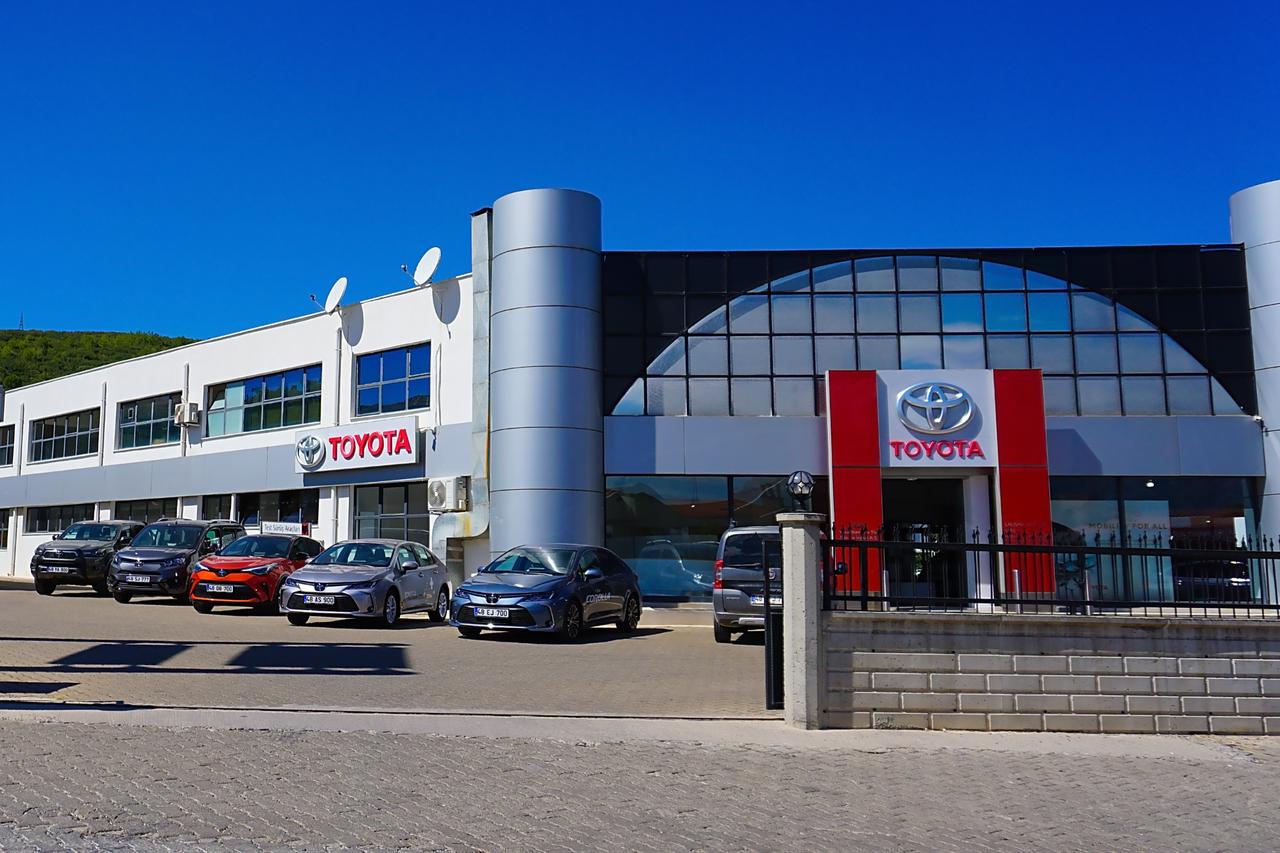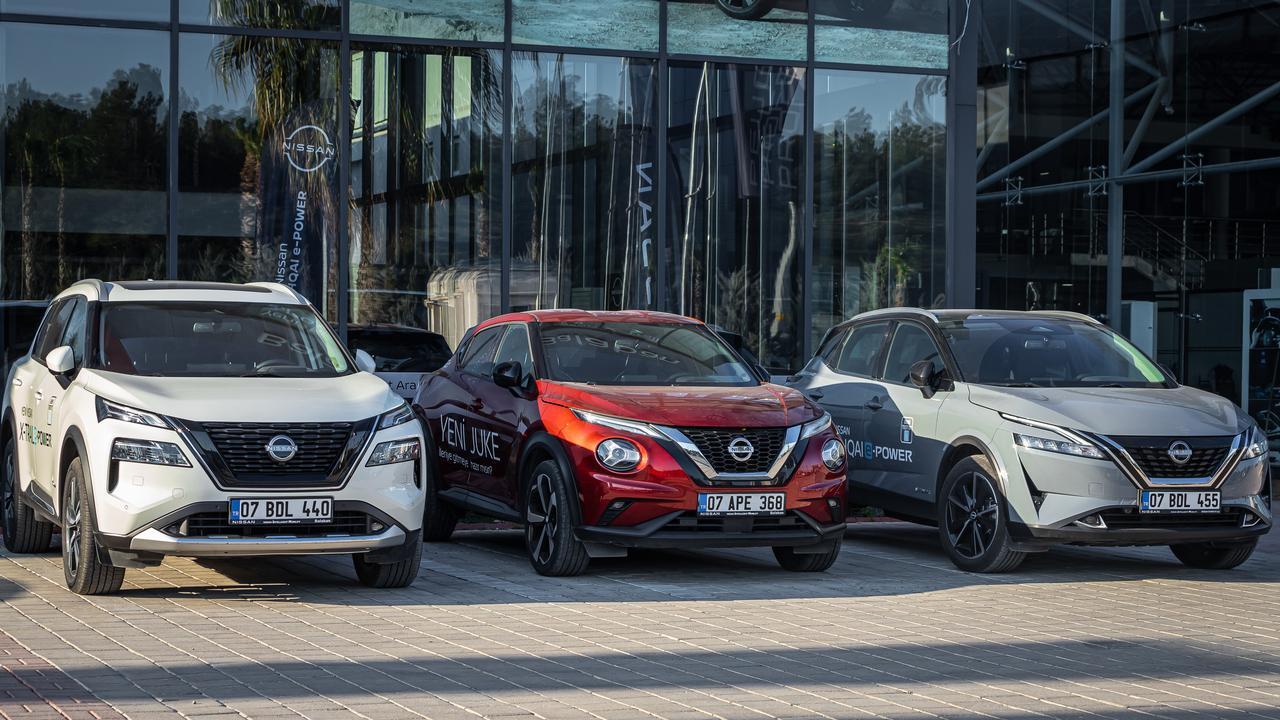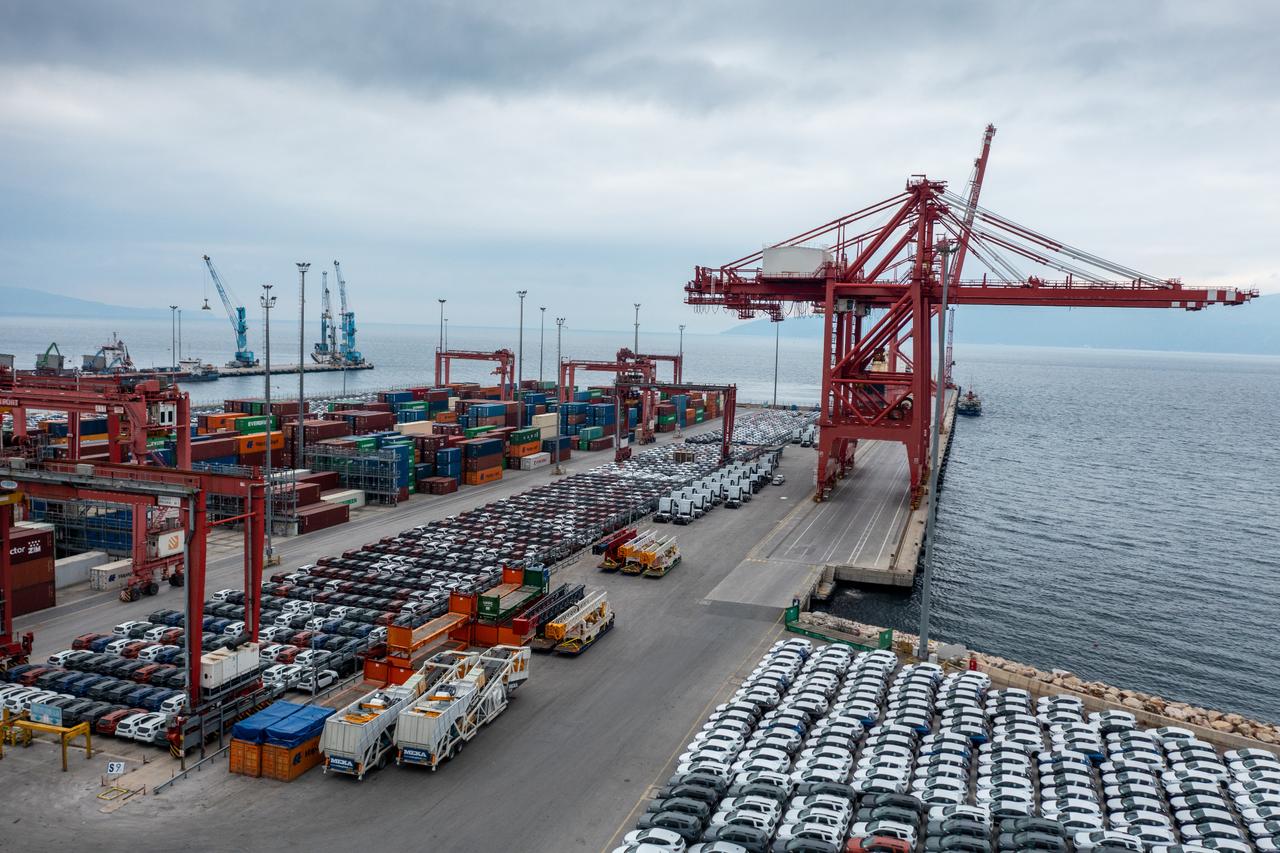
Türkiye's recently updated customs tariffs on passenger car imports are expected to hit Japanese automakers the hardest, as they hold an 8.6% share of the Turkish market, while the adjustment slightly reduced rates for U.S. and Chinese brands.
The regulation, published in the Official Gazette, sets a 25% tariff on petrol, diesel, and hybrid cars, and a 30% tariff on fully electric and plug-in hybrid vehicles, in addition to the existing 10% customs duty.
Previously, Türkiye applied additional tariffs only to vehicles imported from the United States and China. U.S. cars faced a 50% additional duty, while Chinese electric vehicles were subject to an extra 40% tariff. Under the new framework, all non-EU and non-Free Trade Agreement (FTA) suppliers are now covered equally.
At the same time, the government lifted the 60% additional tariff on U.S. vehicles that had been in place since 2018.
The change brings Japan into the scope of the new tariffs for the first time, as the adjustment removes the relative advantage Japanese brands previously held over U.S. and Chinese competitors. Models imported from Japan and Thailand—two major supply sources—will now be directly affected by the higher rates.
Honda’s Civic, produced in Thailand, along with Jazz, HR-V, and CR-V models, will see price hikes. Toyota’s Corolla Cross, RAV4, and Land Cruiser Prado will be included. Lexus models such as the LBX, NX, RX, and LM are also covered, while Nissan’s X-Trail joins the list of models subject to the higher tariffs, according to business-focused bigpara.hurriyet.com.tr.

The Automotive Distributors and Mobility Association (ODMD) said the new tariff structure created uncertainty in a market already operating at record levels.
ODMD President and Toyota Türkiye CEO Ali Haydar Bozkurt warned that sudden policy changes disrupt long-term industry planning. "The automotive sector, by its nature, requires long-term forecasts, preparation, and order scheduling. However, regulations that are introduced suddenly make predictability more difficult," he said.
He underlined that the two-month adaptation period was not sufficient. "The 60-day adjustment period is not enough. Revising orders, production, and logistics plans requires at least three months. Brands produce and distribute based on pre-determined quotas in global markets. Constantly changing tax systems make trade and competitiveness more difficult," Bozkurt stated.
"We see that consumers are turning to vehicles with favorable tax conditions. But this makes medium- and long-term planning even more challenging," he added.
Bozkurt also commented on how the regulation affects different exporting countries. "It seems that countries like China and the United States, which are outside FTAs, have been given certain conveniences. Meanwhile, other suppliers without FTAs are now facing heavier financial obligations," he said.
ODMD President noted that the industry has long called for a more balanced tax model.
"We want a contemporary and fair tax system. The state’s revenues will not decrease, but the tax burden on vehicles will be more balanced. A model is needed that does not overburden consumers and encourages the use of modern cars. Such a system would also increase predictability in the sector," Bozkurt said.

Türkiye’s passenger car market reached 654,413 units in the January–August 2025 period, an 8.1% increase from a year earlier.
Of the 654,413 passenger cars sold in Türkiye during the first eight months of 2025, 462,904 were imported, making up around 71% of the market. Japanese brands accounted for 39,721 of these imports, equal to about 8.6% of total passenger car imports.
Nissan ranked first with 14,951 imported cars, followed by Toyota together with its luxury brand Lexus at 10,893, Honda with 9,606, Suzuki with 3,974, and Subaru with 297.
By contrast, brands with local manufacturing remain largely shielded. Renault sold 61,122 domestically produced passenger cars and imported 13,017 in the January–August period, while Fiat sold 46,424 locally produced cars compared with only 419 imports.
Türkiye’s electric vehicle producer Togg, which sold 21,070 cars in the same period, is also unaffected since all of its production is local.